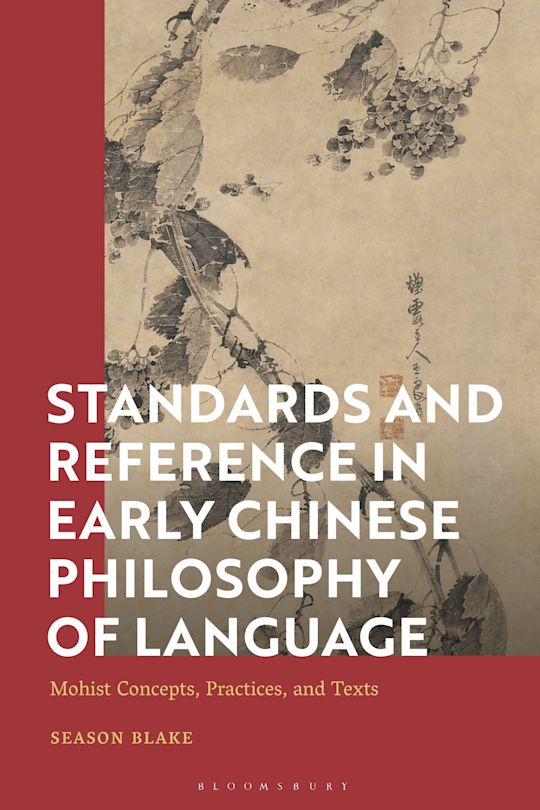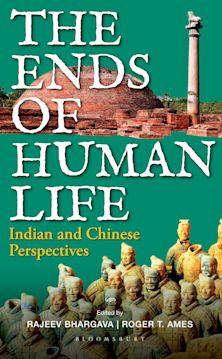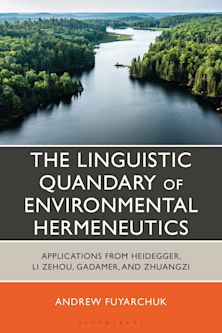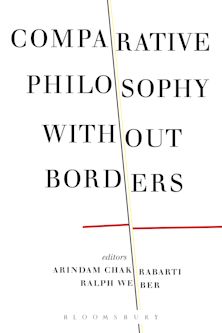- Home
- ACADEMIC
- Philosophy
- Chinese Philosophy
- Standards and Reference in Early Chinese Philosophy of Language
Standards and Reference in Early Chinese Philosophy of Language
Mohist Concepts, Practices, and Texts
Standards and Reference in Early Chinese Philosophy of Language
Mohist Concepts, Practices, and Texts
You must sign in to add this item to your wishlist. Please sign in or create an account
Description
Philosophy of Language in Early China characterizes early Chinese philosophy of language through a focus on standards ('fa') and the activity of giving examples ('ju'). It argues that standards are understood by early Chinese philosophers to provide the groundwork for judgment and language, not only in the Mohist school, but also in other thinkers from the Warring States and early Han, particularly the Zhuangzi and Xunzi.
Blake demonstrates that standards and examples provide a way to identify the reference of words and assess others' judgments and linguistic competence, similar to some theories found in contemporary analytic texts. They also discuss the ways in which the Mohist account goes beyond a discussion of reference through a focus on communication and predication.
Providing new insights into ancient Chinese thought and the nature of language, this book will be of interest to those working in comparative philosophy, philosophy of language, Chinese philosophy and East Asian studies.
Table of Contents
A Note on Citations of Chinese texts
1. Introduction to Chinese Philosophy of Language
2. Standards and Classification in Early China
3. Select Linguistic Activities
4. Standards-based Critiques of Language
5. Reference in the Mohist Texts
6. The Mohist Theory of Communication
Bibliography
Index
Product details

| Published | 11 Dec 2025 |
|---|---|
| Format | Ebook (Epub & Mobi) |
| Edition | 1st |
| Extent | 184 |
| ISBN | 9781350085138 |
| Imprint | Bloomsbury Academic |
| Publisher | Bloomsbury Publishing |
About the contributors
Reviews
-
"Was there philosophy in classical China? 50 years ago analysis of the recently rediscovered Mohist theory of language tipped the balance in favor of a positive answer. Now an ambitious philosopher of language and historian of philosophy is taking up the interpretations of Mohist theory of language to bring them into contact with modern Western theories and to argue for including Chinese thought in philosophical curricula. This fresh discussion of the relation between pragmatic standards and semantic reference is a must read for anyone interested in cross-cultural philosophy."
Chad Hansen, Professor of Philosophy, University of Hong Kong, Hong Kong

ONLINE RESOURCES
Bloomsbury Collections
This book is available on Bloomsbury Collections where your library has access.



































